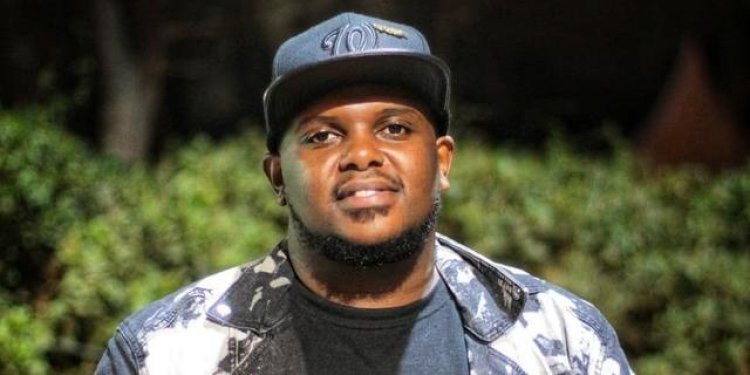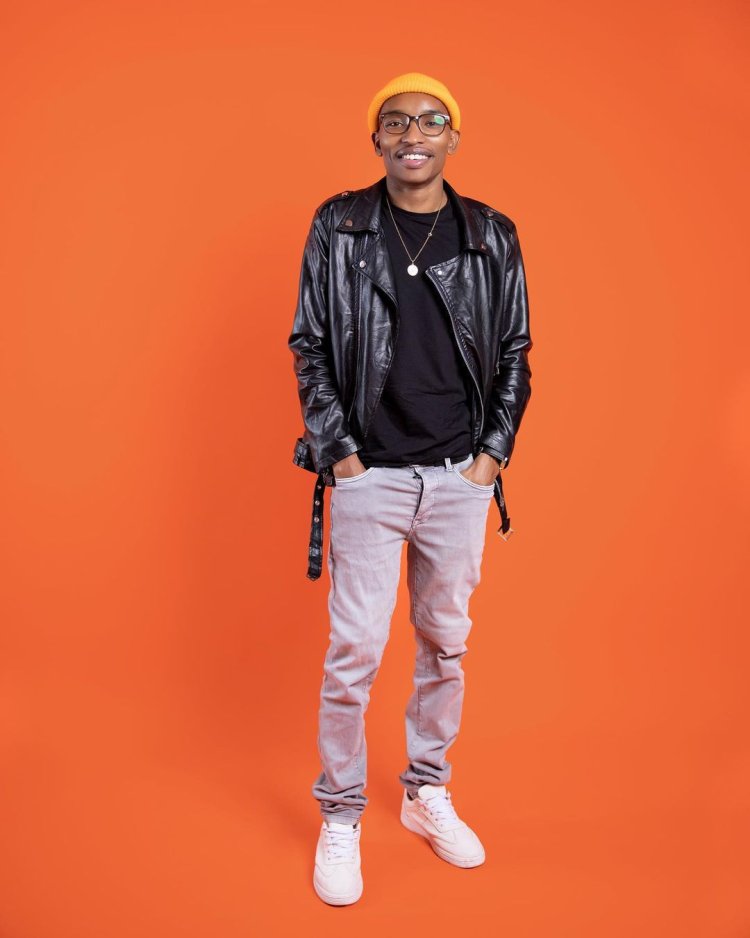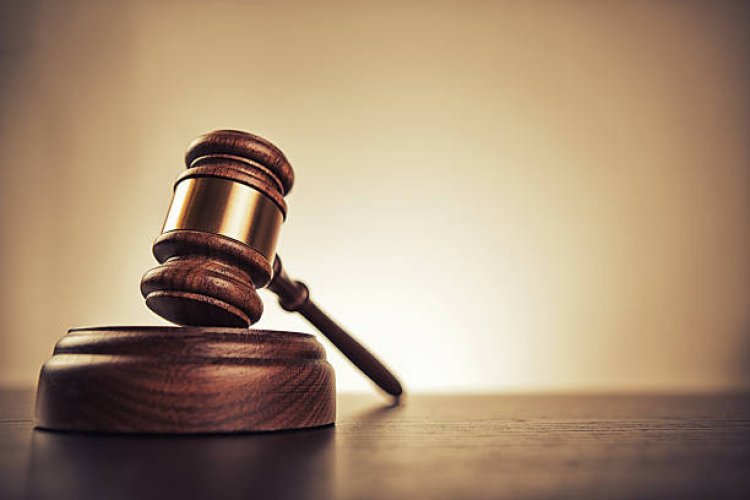Nonini Threatens Lawsuit Against Popular Social Media Influencer
The same short video was published on the company's verified Facebook page and used his hit song...

Legendary rapper Hubert Mbuku Nakitare, alias Nonini has launched a legal battle against content creator and influencer Brian Mutinda and a multinational electronics company over infringement of copyright.
The Manzi wa Nairobi hitmaker, through his lawyer, accused the social media influencer of publishing a short video meant to market one of the products of the company on his Instagram page and using one of his songs, which he argued were used without his permission.
The same short video was published on the company's verified Facebook page and used his hit song, We Kamu, to synchronise with the visuals without a synchronisation license, which is against copyright laws.

Popular social media influencer, Brian Mutinda. /MUMA PIX
Nonini also accused Mutinda of using his copyrights for his own financial gain and for the capitalistic gain of the company without his permission, which is an act of copyright infringement.
“In this instance, synchronization rights are at stake and as such, a synchronization license was needed but you failed to procedurally procure the same. The same synchronization license can only be issued by the composer and publisher as they are the only ones with the authority to negotiate and issue a synchronization license,” part of the demand letter read.
The rapper has since demanded both parties to issue a public apology posted on their social media accounts and to pull down the video from their pages immediately. In addition, both parties should admit liability within the next seven days.
However, both parties argued in their response letter that the company had no reasonable grounds for suspecting the subsistence of copyright in the video.
It also did not admit liability but opened the floor for Nonini to issue a synchronisation licence to it for the song.
“That the above notwithstanding and without admission of any liability and on a without prejudice basis, our client is interested in discussing with yours the possibility of your client issuing ours with a synchronization licence in respect of the song in question and to that end we shall appreciate knowing your clients position on the same at your earliest convenience,” read part of the response letter.
Nonini however insisted that he would only engage them on the matter once reparations for the infringement of his copyrights have been settled. His lawyers added that they would only engage them on his behalf upon their admission.
He warned that ignoring the aforementioned conditions would lead to them receiving court summons on their behalf.
Nonini was educating his followers, especially in the music industry, on how to file court cases against individuals who use their songs for financial gain, without seeking their permission.
"You reply to the response with the have to admit they were in the wrong then we can open up discussions to settle out of court. Come to an amicable solution.
"Sometimes they ignore it. And that point you have no option but to file a case in Court," he shared.
The saga made Nonini trend on social media for the better part of Thursday, July 28, and a debate ensued between the two personalities.

A court gavel. /FILE
It was reminiscent of a legal battle between the popular band, Sauti Sol and Azimio la Umoja presidential candidate, Raila Odinga after the latter was accused of copyright infringement following the unveiling of Martha Karua as his running mate, a battle which also roped in the Music Copyright Society of Kenya (MCSK) Chief Executive Officer, Ezekiel Mutua.
Raila was put on the spot after the band's hit song, Extravaganza, was used during the unveiling. It was released in 2019 where the group featured a number of artists including Nviiri, Bensoul, Crystal Asige, and Kaskazini.
According to Kenya Copyright Act 2021, any person who causes a literary or musical work, an audio-visual work or a sound recording, to be performed in public at a time when copyright subsists in such work or sound recording and where such performances is an infringement of that copyright, shall be guilty of an offence.

 admin
admin 




